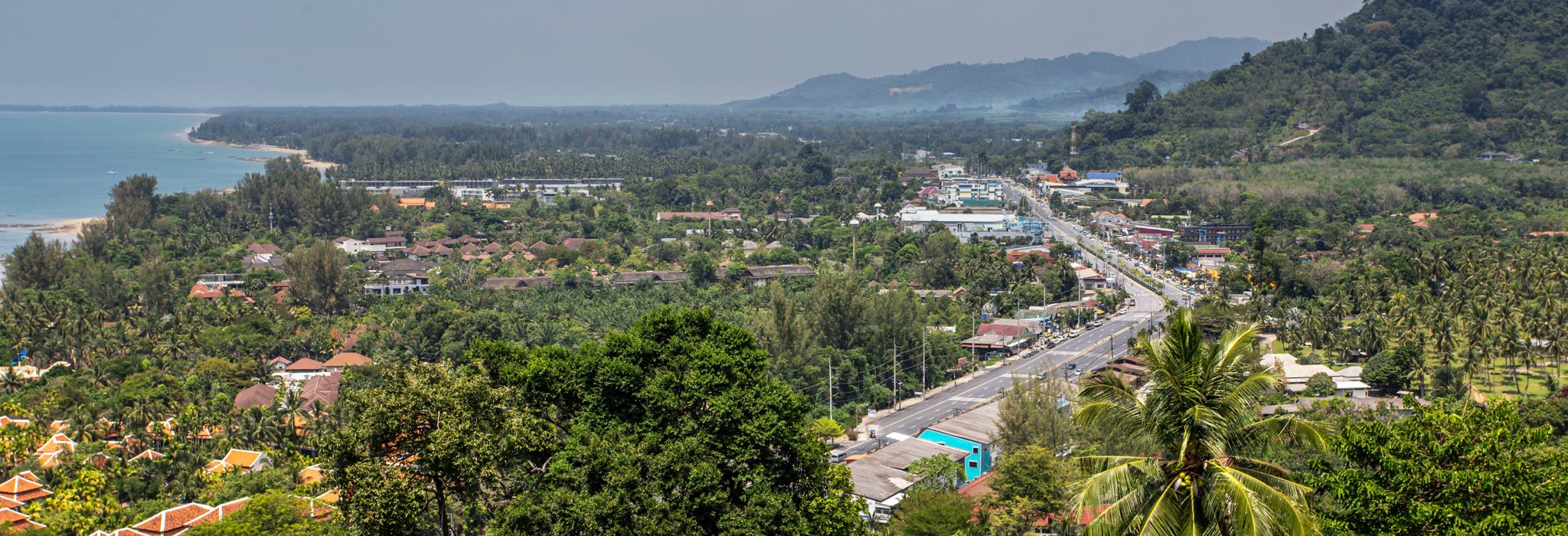Foreign clients who decide to purchase property in Thailand have the following options available:
Freehold Ownership
This form of ownership allows for full personal ownership of the property. However, for foreigners in Thailand, it comes with limitations:
It can only be used for purchasing a condominium, not land or houses.
Foreigners can own up to 49% of the total saleable area of condominium units in any given project (for example, in a building with 10,000 square meters of saleable condominium area, foreigners may own up to 4,900 square meters). If this quota is exceeded, ownership through a Thai company or Thai citizen becomes necessary.
Ownership Through a Company
For foreign investors, this is essentially the only way to own a house or land. Under Thai law, a Thai entity must own a 51% stake in such a company, but the company structure can be arranged to allow the foreign investor full control over the company.
Long-term Lease (Leasehold)
This option allows you to lease the building or land from the owner. The maximum lease term is 30 years, with the possibility of extending up to 90 years. The lease agreement must be registered with the Land Office, ensuring that the lease remains valid even if ownership of the property changes.
Buying a Condominium
The simplest route to property ownership in Thailand is through the purchase of a condominium or apartment in a building where the 49% foreign ownership quota has not been met. In this case, you can acquire the property as a freehold and use it entirely at your discretion. If the quota is already filled, it is still possible to purchase the condominium through a Thai company or opt for a long-term lease (see "Leasehold").
Buying a House or Land
The only direct way to own a house or land in Thailand is through a Thai limited company, in which a Thai entity must own a 51% share. However, the company structure can be adapted so that the foreigner retains full control over the company and is the sole decision-maker regarding asset management. If you've found your dream property, don’t let Thai regulations deter you—this ownership model is commonly used by private individuals and large international investment firms alike.




